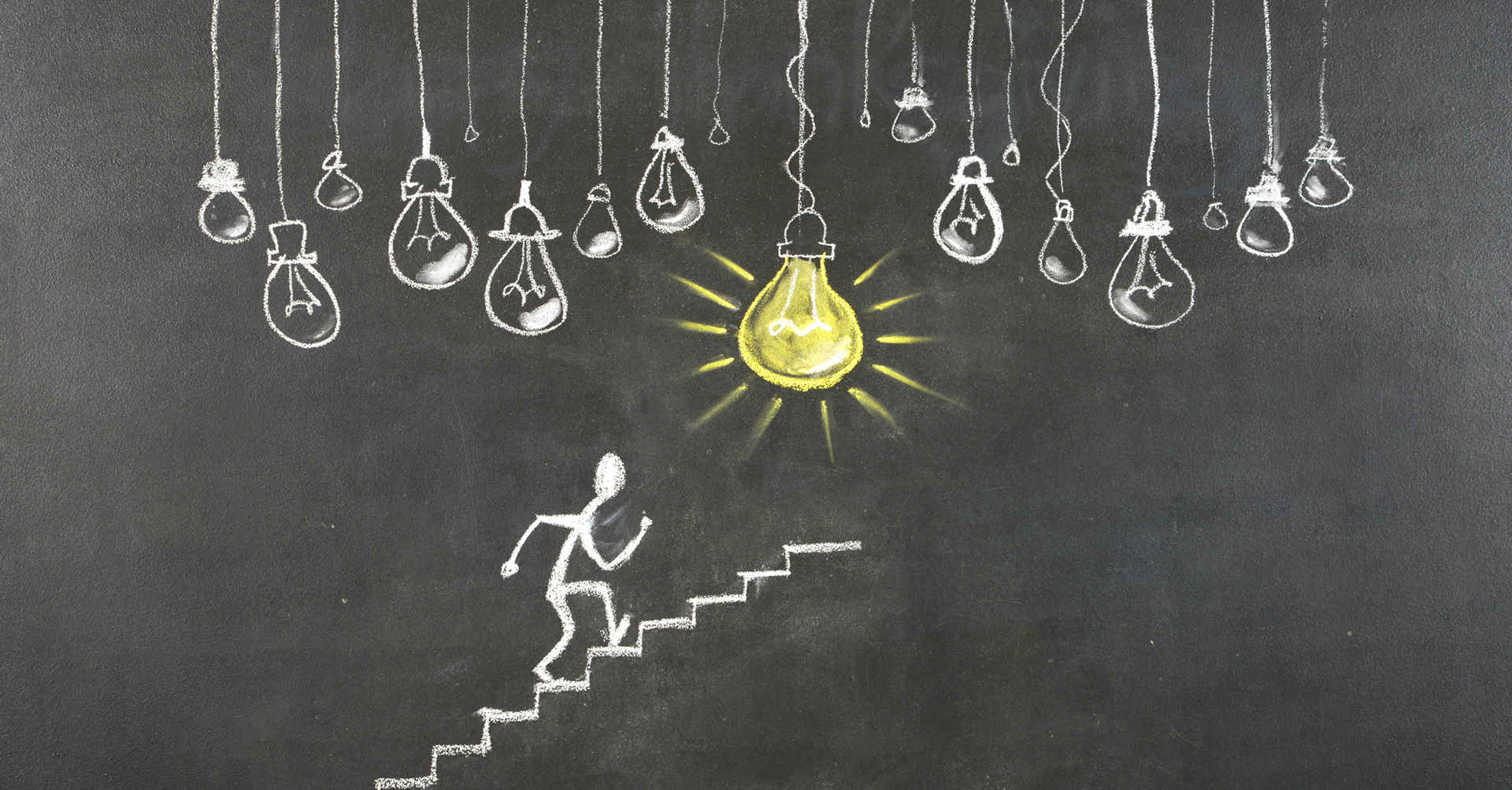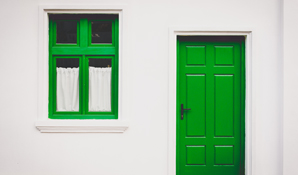If the news of Eskom’s 12.7% electricity rate increase in 2015 has you wondering how you’re going to make ends meet, take comfort in the fact that you are not alone. Millions of South Africans will be affected by the cost hike at a time when most of us can ill afford it. While there’s nothing you can do to curtail Eskom’s spiraling costs, there is a lot that you can do about your home energy consumption so that the rate increase doesn’t hit you quite as hard. And remember that reducing your energy consumption isn’t only kind to your budget but it’s good for the environment as well.
The Sustainable Energy Society of Southern Africa (SESSA) and Eskom have published guidelines to help you reduce your energy consumption. If you make these a part of your household cost-saving strategy you might even make it through Eskom’s next increase better off than you started.
Hot waterThe most power-hungry device in the home is an electric geyser and the most efficient energy saving technology for replacing electrical heating in a domestic home is a solar water heater.
Eskom offers a rebate on SABS-approved solar geysers installed by approved energy dealers. The rebate varies depending on the efficiency of the system, so always ask an installing company to provide the rebate details of the system that they are proposing. Most dealers will provide and help you to fill out the relevant forms.
With the increase in electricity costs and the decrease in costs of solar heaters, it is now estimated that you’ll break even on the costs of your installation in about a year.
The following tips will also save on the cost of heating hot water:
- Low-flow shower heads reduce water flow to approximately 10 litres per minute, instead of 15 to 30 litres per minute, indirectly saving energy by reducing the amount of hot water you use.
- Fix all leaking hot water taps as these can waste up to 18 litres of water a day.
- Insulate your geyser with a geyser blanket and insulate pipes three metres before and three metres after your geyser.
- It is controversial whether or not installing a timer on your geyser actually reduces your electricity costs, but it certainly helps to reduce the demand on Eskom at peak times.
If a home has a mains gas connection, gas boilers are an attractive option to consider as they are considerably cheaper to run than electric geysers.
LightingTraditional incandescent bulbs are very inefficient with the majority of the electricity being wasted as heat. LED lights are one of today’s most energy efficient technologies and prices have fallen by 50% in the last two years, so reducing your electricity bills by replacing inefficient old lighting technology is now a real option. The returns can provide a payback on the investment in two years or less, but only if the LED lights are good quality and correctly installed. But, whatever type of lighting you use, always remember to switch off lights when you leave a room!
InsulationHeat and cooling losses can have a huge impact on your electricity bill. Roof insulation makes a big difference in reducing heat loss in winter and keeping your home cooler in summer. Insulation is relatively cheap to install with a reasonable payback time on the costs. This should be a priority for saving energy and money in your home.
Double-glazing of windows also makes a big difference to both noise pollution and heat loss, but the payback time is longer in the South African climate. Speak to an expert about the right solution for your home.
Electrical appliancesModern day appliances such as washing machines, dishwashers, fridges and freezers are all considerably more efficient than only a few years ago. Swimming pool pumps have also improved performance and energy efficiency. An ‘energy rating’ label should be shown on the product. As a general rule, the more expensive and the higher the quality of the product, the greater the energy efficiency will be.
Cooking with gas is far more energy efficient than cooking with electricity. However, while most people prefer gas stovetops, they also prefer electric ovens, which are a big drain on power. Again, the more expensive the oven, the more energy efficient it's likely to be, so make your choices wisely.
While it is not cost effective to replace all your current appliances, be aware of energy efficiency when they reach the end of their lifecycle. In the meantime, switch off all unused and idle appliances and run economy settings when you do use them.
Go forth and be energy efficientImplementing a strategy to reduce your energy consumption really can make a difference to your household expenses. While you might have to invest upfront in saving electricity, you can relieve yourself of a significant financial burden in the long run.




